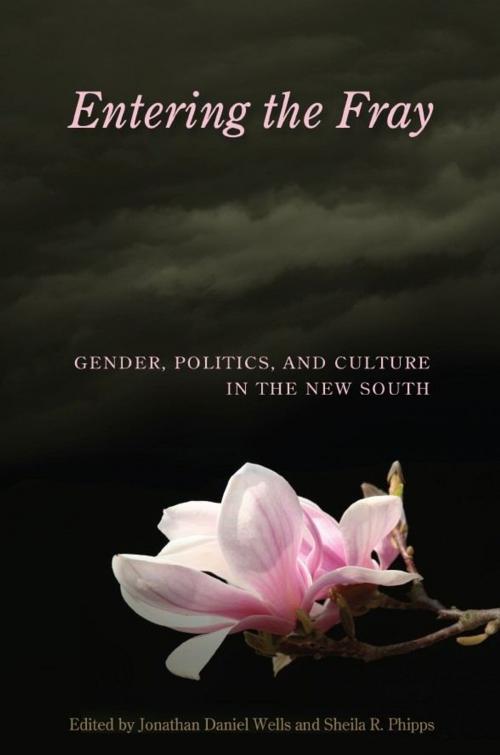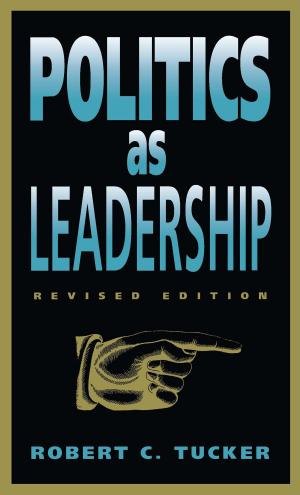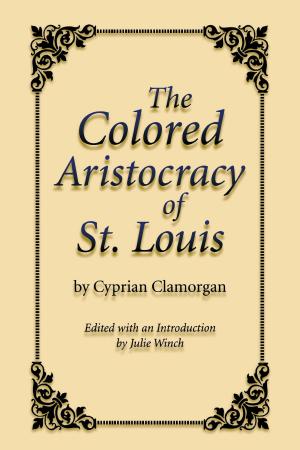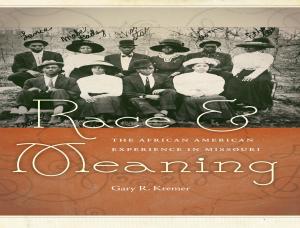Entering the Fray
Gender, Politics, and Culture in the New South
Nonfiction, Social & Cultural Studies, Social Science, Gender Studies, Women&, History, Americas, United States| Author: | ISBN: | 9780826272089 | |
| Publisher: | University of Missouri Press | Publication: | December 1, 2009 |
| Imprint: | University of Missouri | Language: | English |
| Author: | |
| ISBN: | 9780826272089 |
| Publisher: | University of Missouri Press |
| Publication: | December 1, 2009 |
| Imprint: | University of Missouri |
| Language: | English |
The study of the New South has in recent decades been greatly enriched by research into gender, reshaping our understanding of the struggle for woman suffrage, the conflicted nature of race and class in the South, the complex story of politics, and the role of family and motherhood in black and white society. This book brings together nine essays that examine the importance of gender, race, and culture in the New South, offering a rich and varied analysis of the multifaceted role of gender in the lives of black and white southerners in the troubled decades of the late nineteenth and early twentieth centuries.
Ranging widely from conservative activism by white women in 1920s Georgia to political involvement by black women in 1950s Memphis, many of these essays focus on southern women’s increasing public activities and high-profile images in the twentieth century. They tell how women shouldered responsibilities for local, national, and international interests; but just as nineteenth-century women’s status could be at risk from too much public presence, women of the New South stepped gingerly into the public arena, taking care to work within what they considered their current gender limitations.
The authors—both established and up-and-coming scholars—take on subjects that reflect wide-ranging, sophisticated, and diverse scholarship on black and white women in the New South. They include the efforts of female Home Demonstration Agents to defeat debilitating diseases in rural Florida and the increasing participation of women in historic preservation at Monticello. They also reflect unique personal stories as diverse as lobbyist Kathryn Dunaway’s efforts to defeat the Equal Rights Amendment in Georgia and Susan Smith’s depiction by the national media as a racist southerner during coverage of her children’s deaths.
Taken together, these nine essays contribute to the picture of women increasing their movement into political and economic life while all too often still maintaining their gendered place as determined by society. Their rich insights provide new ways to consider the meaning and role of gender in the post–Civil War South.
The study of the New South has in recent decades been greatly enriched by research into gender, reshaping our understanding of the struggle for woman suffrage, the conflicted nature of race and class in the South, the complex story of politics, and the role of family and motherhood in black and white society. This book brings together nine essays that examine the importance of gender, race, and culture in the New South, offering a rich and varied analysis of the multifaceted role of gender in the lives of black and white southerners in the troubled decades of the late nineteenth and early twentieth centuries.
Ranging widely from conservative activism by white women in 1920s Georgia to political involvement by black women in 1950s Memphis, many of these essays focus on southern women’s increasing public activities and high-profile images in the twentieth century. They tell how women shouldered responsibilities for local, national, and international interests; but just as nineteenth-century women’s status could be at risk from too much public presence, women of the New South stepped gingerly into the public arena, taking care to work within what they considered their current gender limitations.
The authors—both established and up-and-coming scholars—take on subjects that reflect wide-ranging, sophisticated, and diverse scholarship on black and white women in the New South. They include the efforts of female Home Demonstration Agents to defeat debilitating diseases in rural Florida and the increasing participation of women in historic preservation at Monticello. They also reflect unique personal stories as diverse as lobbyist Kathryn Dunaway’s efforts to defeat the Equal Rights Amendment in Georgia and Susan Smith’s depiction by the national media as a racist southerner during coverage of her children’s deaths.
Taken together, these nine essays contribute to the picture of women increasing their movement into political and economic life while all too often still maintaining their gendered place as determined by society. Their rich insights provide new ways to consider the meaning and role of gender in the post–Civil War South.















